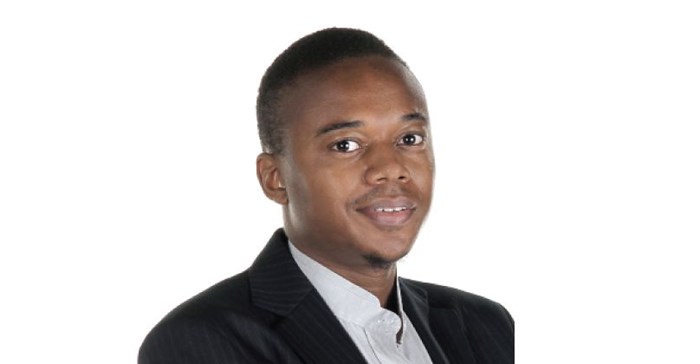
Dr Tapiwa Chiwewe, research manager for IBM Research in South Africa, said that AI is augmented intelligence, which assists clinicians and its human operators. AI is now so advanced that its error rate is 3%, which is 2% lower than human beings. This is dependent on accurate data being inputted for processing. With the modern data deluge accounting for 60% of determinants in health volume, variety, velocity and veracity, generating 11,000 terabytes per person per lifetime, and genomics data accounting for six terabytes per person, it was obvious that healthcare staffers and researchers could not cope without AI.
He said his company is already helping South Africa reduce cancer reporting delays (which currently run to four years), by applying deep machine learning algorithms to classify text-based pathology reports, mainly in breast cancer, thus updating and rendering more current the cancer registry so essential for health records and planning population-wide interventions. The company was also helping improve SA’s health systems for care co-ordination and implementing clinical workflows by sharing data between clinics and pharmacies and referral hospitals, the underlying blockchain technology also helping control access to patient records. By analysing different patient cohorts with similar characteristics or symptoms such as hypertension or diabetes, machine learning could automatically cluster groups of patients together, increasing treatment efficiency.
Imagine what AI can do in predicting outbreaks such as Ebola or Dengue fever, and managing treatment protocols. Chiwewe said a minister of health could digitise paper records to begin analysing data to correlate historical records from different geographic locations, seasonal variations in rainfall, windspeed, home roof designs in order to predict and plan for future outbreaks
Front line healthcare workers in rural areas could quickly diagnose a child with fever and a rash, initially suspected of suffering from Dengue fever, by inputting a picture of the rash, and quickly diagnosing it as a spider bite or malaria, referring onwards for appropriate specialist treatment. He said the more data there were, the better AI performed. It was particularly effective in research and development, he said citing the $2bn it cost a develop a new pharmaceutical drug, where 10% of drugs in development never made it to market.
“We estimate there’s about $2trn in waste in the healthcare industry globally, via things like unnecessary tests and variability of care or failed clinical trials. When you add government fraud, waste and abuse and the cost of treating chronic disease, we estimate AI can create cost savings of around $360bn annually,” he added.
Some of the challenges to data innovation included unrepresentative datasets, data availability and quality. Black and minority ethnic groups were more likely to opt out of volunteering their health data for research and thus became more “invisible” to scientists.
Data protection rules are also complex, leading to data holders becoming risk-averse and often restricting access to it. However, advocacy and the technology itself could help lower these barriers. A major deterrent to data scientists was that data could be messy and complex, driving academics into higher paid jobs in the technology sector. The utility of wearable apps included early detection of depression or suicide risk, monitoring healthcare worker movements during a working day to unblock treatment bottlenecks, and early warnings for Alzheimer’s disease, he added. It's all about collecting as rich a dataset as you can,” he said.